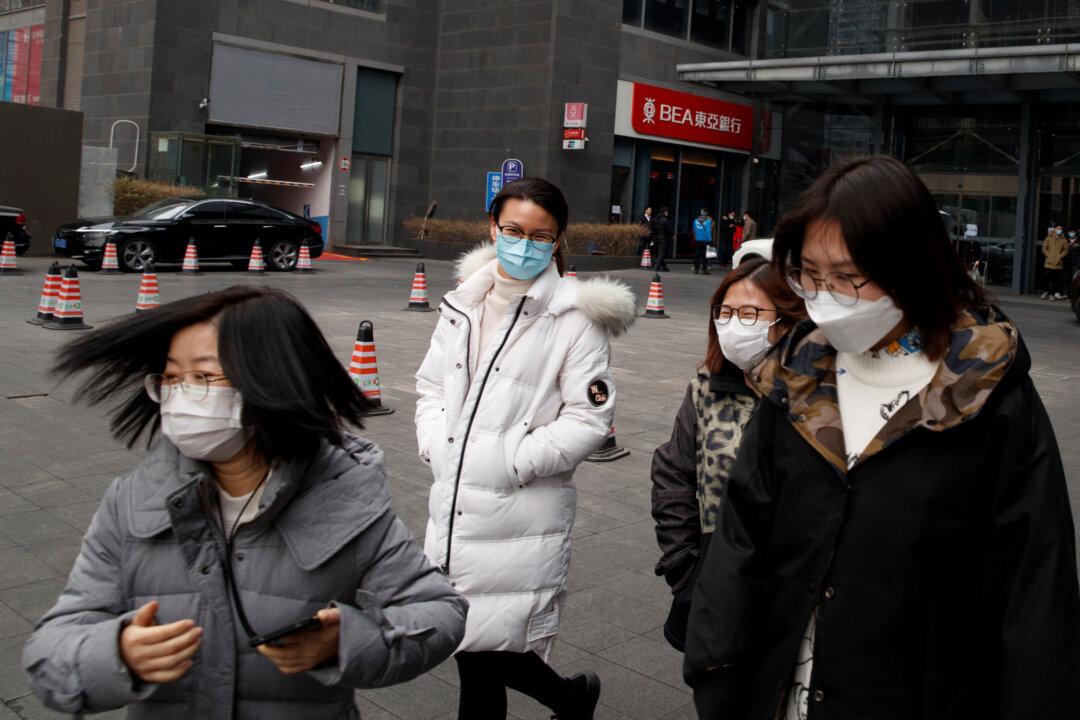The spread of the new coronavirus hasn’t met the level of a pandemic, the World Health Organization (WHO) said on Monday even as the number of cases and deaths continued rising sharply in Iran, South Korea, and Italy.
The “sudden increase” in cases in those three countries are “deeply concerning,” WHO director-general Tedros Adhanom Ghebreyesus told reporters in Geneva, but said that experts at the agency have decided against describing the situation as a “pandemic.”





